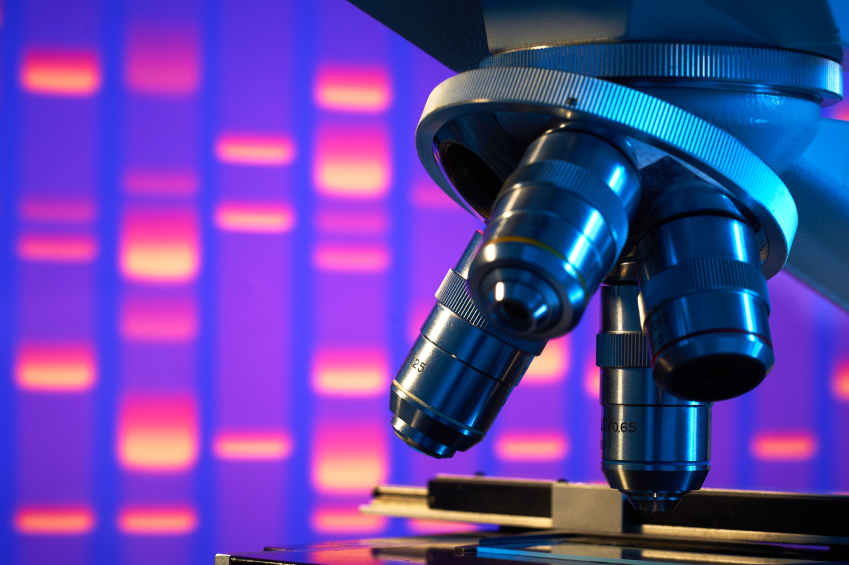The therapeutic use of human stem cells is subject to debate. According to the American Food and Drugs Agency, FDA[1], to check the efficacy of these cells, it is important to firstly understand the risks and benefits associated with such use and to develop therapeutic approaches based on scientific knowledge.
The safety and efficacy of using certain stem cells – bone marrow cells for instance, used to reconstitute blood cells – have been established. Increasing numbers of autologous stem cells (i.e. stem cells taken from the individual patient) are also used to treat numerous cardiac, orthopaedic or neurological diseases. However, as far as the FDA is concerned, these stem cells are often used “on the basis of minimal clinical proof, sometimes with the claim that they constitute revolutionary treatments.”
In fact, according to the FDA, apart from the treatments targeting certain diseases, “confirmation stating that stem cells are capable of treating defective bodily functions (e.g. damaged knee cartilage or a neurological deficiency), is not based on scientific proof”. For the American agency, the data published today are mainly derived from small-scale, uncontrolled clinical trials. In terms of controlled clinical trials, the efficacy of stem cell treatments has not been established.
The Food and Drug Agency deems this lack of proof concerning stem cell efficacy to be “concerning”. It quotes the example of autologous stem cell transplantation in patients presenting metastatic breast cancer – a procedure that finally proved to be ineffective, costly and even risky. For the FDA, “claims according to which treatments are safe and effective must be based on scientific proof. Proof allows treatments with a favourable risk-benefit balance to be adopted”. Before the 1962 “Kefauver-Harris” amendment relating to foods, medicines and cosmetic was adopted in the United States, thousands of ineffective and dangerous treatments were used on a regular basis. The FDA has therefore implemented confirmatory standards to assess clinical trial efficacy.
In a recent case, a patient received multiple injections of allogenic stem cells (i.e. donor-derived stem cells) from various sources. The aim of these injections was to reduce neurological deficits due to cerebral artery involvement. However, unfortunately, no findings came to light.
Apart from danger associated with donor-generated stem cells, autologous stem cells taken from the independent patient can also generate significant unexpected effects. Thus the injection of allogenic blood stem cells in the kidneys of a patient with renal impairment was associated with the onset of tumours, which eventually led to the surgical ablation of one kidney. In another case, autologous stem cells derived from adipose tissue and injected into the eyes of patients suffering from macular degeneration were associated with the deterioration of vision in three persons, two of whom became blind.
To offset this lack of scientific knowledge on stem cells the FDA has undertaken to facilitate the development and acquisition of a BA degree in safe and effective “stem cell therapies”. “As an Agency for foods and drugs, we must ensure the control and monitoring of research programs to optimise their efficacy. We believe that taking up the challenge posed by clinical research into stem cells is essential to establish effective stem cell therapies accessible to patients who require them”. The FAD adds: “These controls help to constitute the scientific basis for tomorrow. We are committed to ensuring that the use of human stem cells keeps its treatment promises to patients”.
[1] Food and Drug Administration.
NEJM (30/11/2016)

